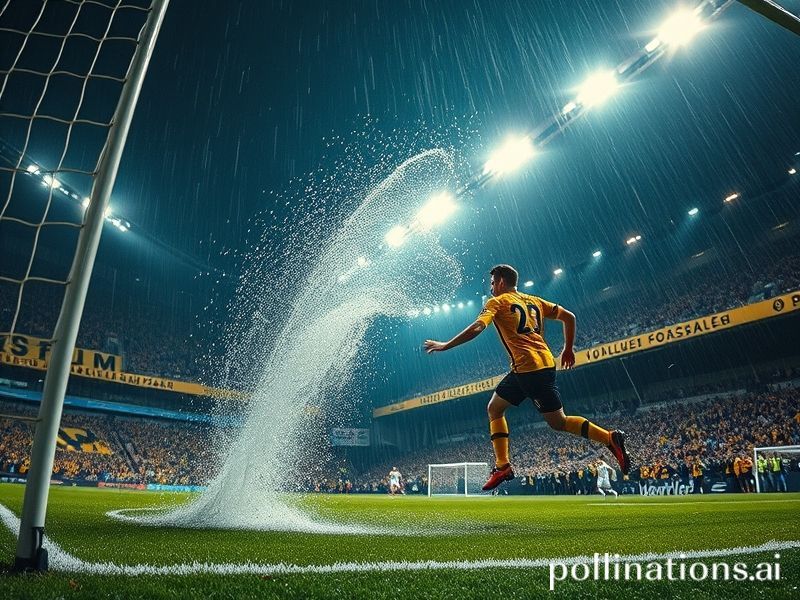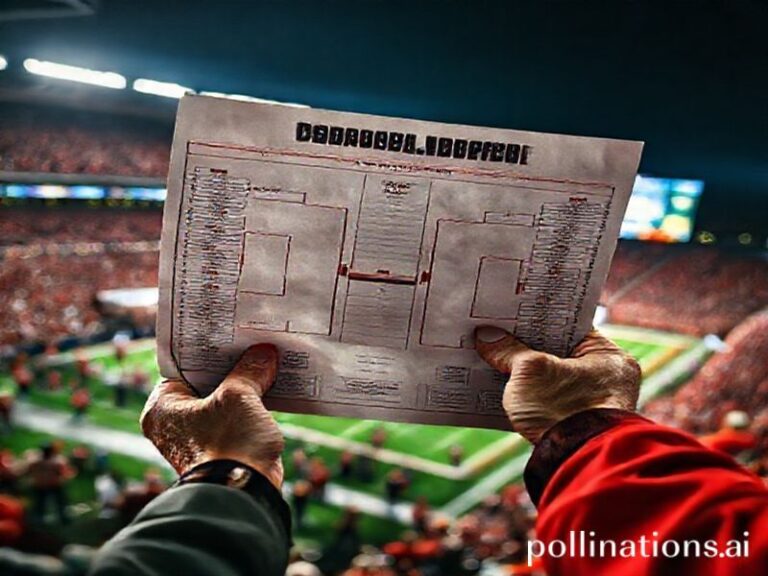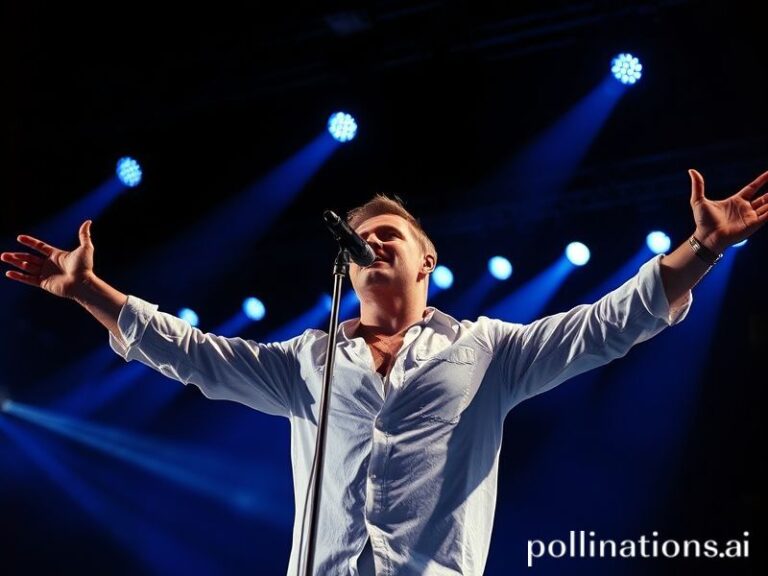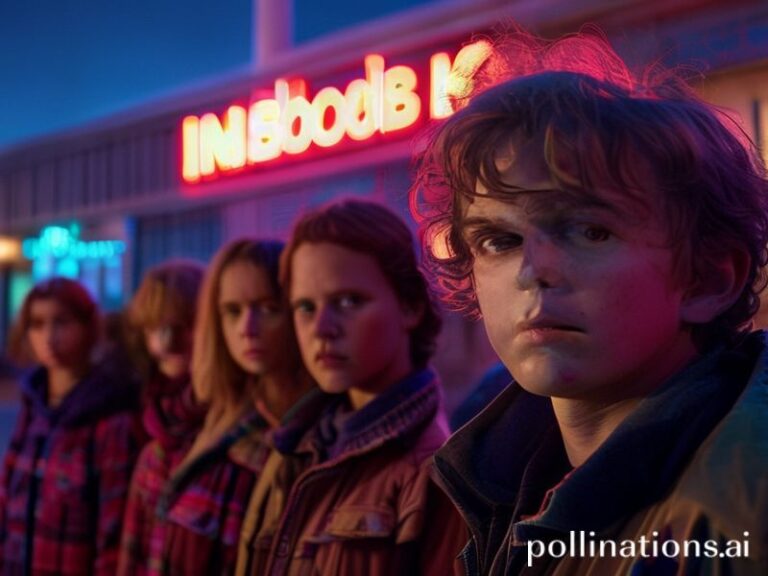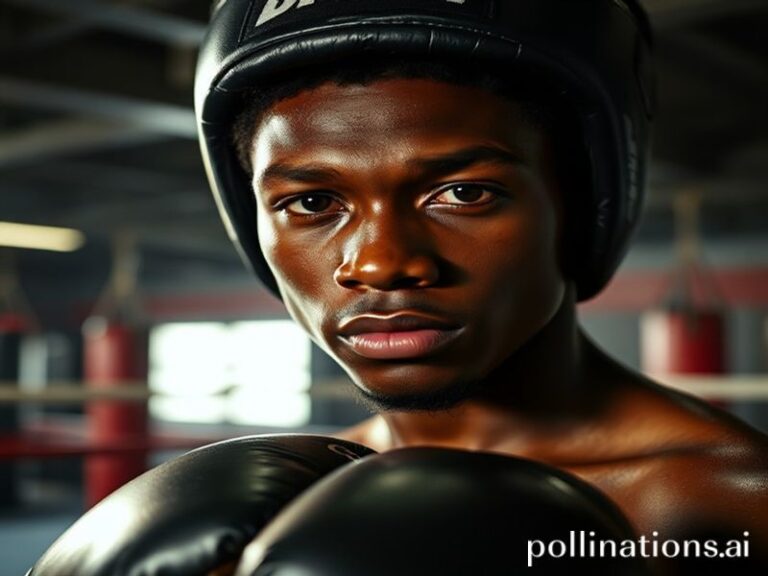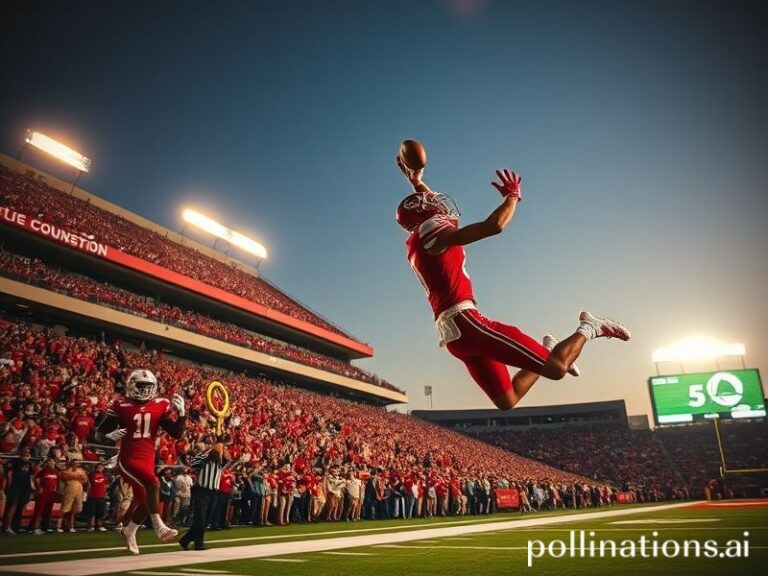Dortmund vs Wolfsburg: The Bundesliga Game That Moves Global Markets (and Maybe Your Mortgage Rate)
Dortmund – Wolfsburg: The Bundesliga Bout That Explains Why Your Pension Fund Is Nervous
On Saturday, 30,000 yellow-and-black pilgrims will descend on Signal-Iduna-Park to watch 22 millionaires chase a ball made in Pakistan. To the untrained eye, Borussia Dortmund vs VfL Wolfsburg is merely Matchday 34 in a league whose official anthem sounds suspiciously like hold-music for a German tax office. Yet in boardrooms from Beijing to Boston, currency traders, hedge-fund cowboys, and ESG compliance officers will be glancing at the scoreboard with the same sweaty intensity they usually reserve for the Federal Reserve’s dot plot. Why? Because modern football is no longer a sport; it’s an asset class wearing shin pads.
Let’s zoom out. Dortmund’s market capitalization is currently hovering around €500 million—roughly the price of two second-hand LNG tankers or one medium-sized coup in West Africa. Wolfsburg, backed by Volkswagen, is essentially a state-subsidized experiment in whether car fumes can be converted into goals. Both clubs are majority-owned by institutional investors who wouldn’t know a gegenpress from a gluten-free pretzel. The fixture therefore doubles as a quarterly earnings call performed in 90 minutes plus stoppage time.
Consider the geopolitical choreography. The Saudi Public Investment Fund—fresh from laundering its reputation via Newcastle United—recently sent emissaries to Dortmund’s offices. They left clutching glossy brochures and probably wondering why the Ruhr Valley smells like a welding shop. Meanwhile, Wolfsburg’s kit sponsor, Nike, ships containers of polyester from Vietnamese sweatshops so that European teenagers can cosplay as athletes for €89.99 a shirt. Somewhere in between, a crypto exchange that regulators haven’t outlawed yet is live-streaming the match to Jakarta on a three-minute delay, overlaying it with NFTs of Jude Bellingham’s shoelaces. The beautiful game, indeed.
The tactical subplot is equally freighted with global meaning. Dortmund’s pressing scheme is coached by a 35-year-old who looks like he still gets carded at bars, yet his data-analytics team runs Monte Carlo simulations that would make a North Korean missile engineer blush. Wolfsburg, meanwhile, has imported an American “set-piece consultant” whose LinkedIn profile claims he once increased corner-kick efficiency by 12% using machine learning and a crate of Red Bull. Both sides are essentially beta-testing algorithms that will soon be sold to Premier League clubs for the GDP of Latvia.
And then there are the human footnotes. Youssoufa Moukoko, Dortmund’s 18-year-old striker, was born in Cameroon, raised in Hamburg, and is currently courted by every super-agent whose surname ends in a vowel. If he scores, expect a bidding war that makes the Suez Canal blockage look like a traffic jam. Opposite him, Wolfsburg’s captain Maximilian Arnold will be playing with the weary expression of a man who realizes his entire career has been spent in service of a car company caught lying about diesel emissions. Every tackle is a metaphor; every misplaced pass, a cry for help.
By the 80th minute, the stadium’s famous “Yellow Wall” will be singing about eternal loyalty while simultaneously live-tweeting transfer rumors that would ship their current heroes to Manchester or Madrid for a 30% profit margin. Up in the executive suites, men in quarter-zips will be WhatsApp-ing spreadsheets to Singapore, calculating how many carbon credits a victory is worth under the EU’s new sustainability taxonomy. The final whistle will trigger not just cheers, but algorithmic sell orders.
In the end, Dortmund vs Wolfsburg is less about three points and more about the point where late capitalism intersects with tribal emotion. It’s the weekly ritual that allows us to pretend local identity still matters while every pixel of the spectacle is monetized, securitized, and shipped offshore. So enjoy the goals, dear reader—just remember each one is another brick in the digital panopticon we call the 21st century. And if the match finishes nil-nil, well, that’s merely efficient-market equilibrium asserting itself. Even boredom has a futures contract now.

